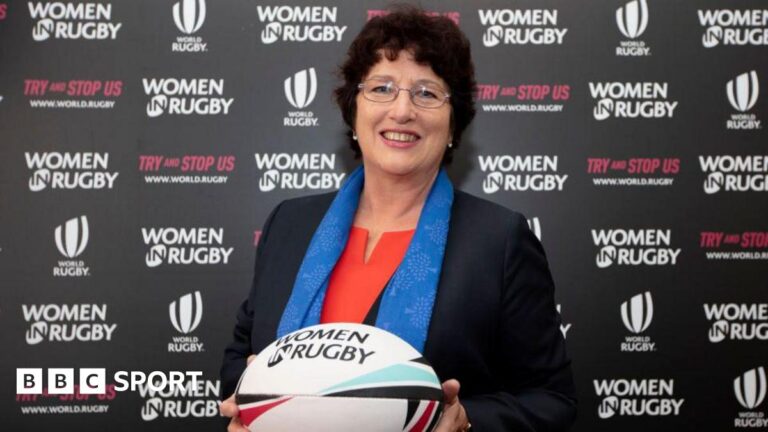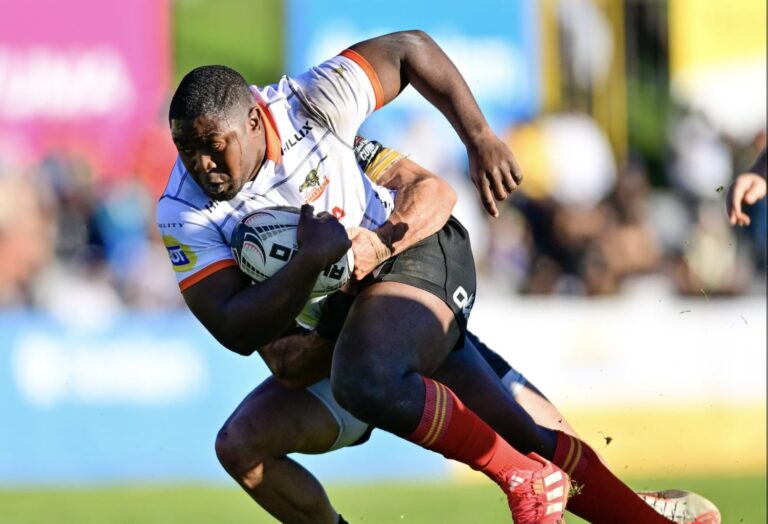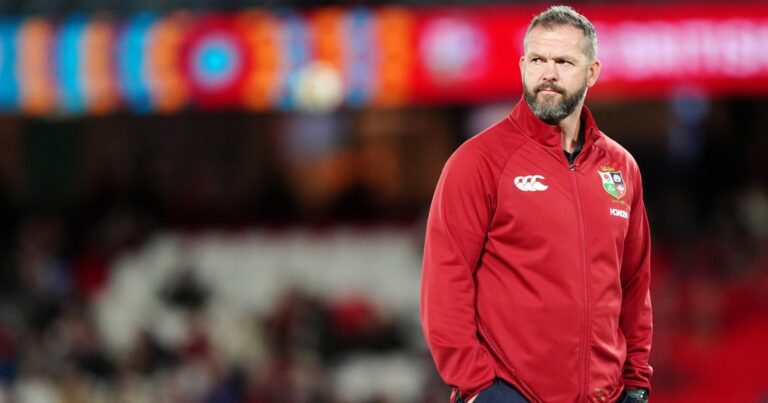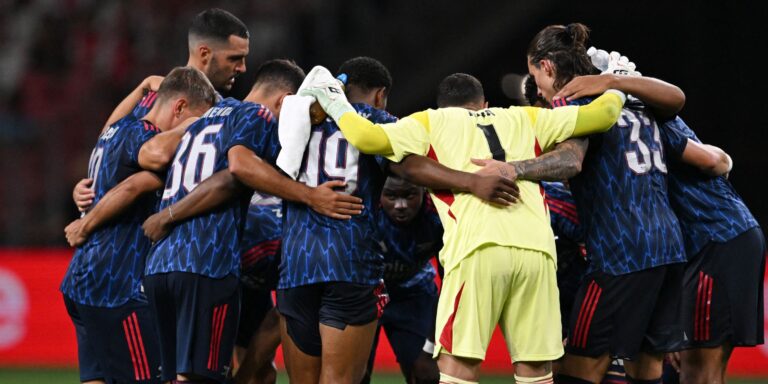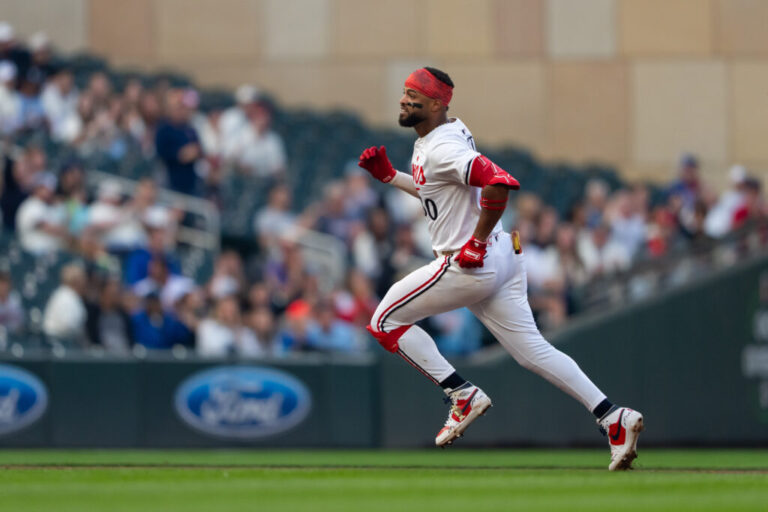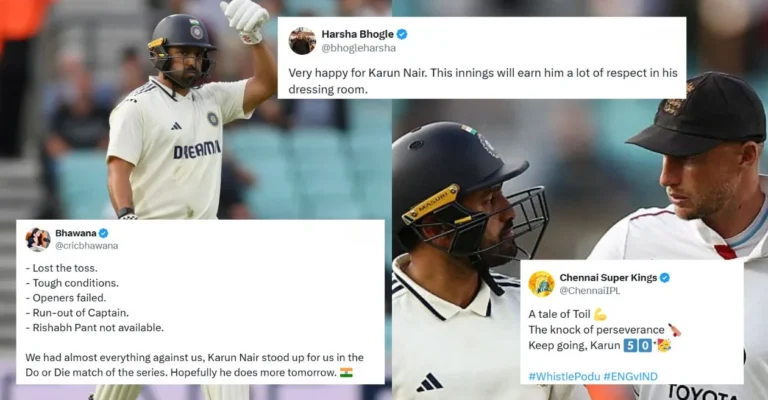
Another European season culminates in early May with the final four clubs, Irish powerhouse Leinster, the French heavyweights Toulouse and Bordeaux, and Northampton Saints contesting the semi-finals of the Champions Cup.
This is the third edition since the inclusion of the South African teams, who so far, have been an afterthought on European’s grandest club stage.
In 2023 the Sharks and the Stormers respectively made the quarter-finals after surviving the round of 16. Both were belted back to the Republic with heavy defeats at the hands of Toulouse and Exeter.
In 2024 the Bulls were the lone quarter-finalists but suffered a 59-22 shellacking at the hands of Northampton after the club prioritised a push for the URC crown. The Stormers fared better and almost pipped La Rochelle in the round of 16, but fell by 22-21.
This year zero South African teams made it to the knockout rounds, the Sharks, Bulls and Stormers all bowed out with a 1-3 record after the pool stages. Travel concerns and second-string sides sent away has contributed massively to this situation. A self-imposed retreat from the competition and a white flag raised.
But the travel distances were always known from the outset and it goes both ways. If home playoff fixtures were secured, it becomes an advantage. Complaining about it does nothing.
The big four franchises have fared much better in the United Rugby Championship since going north. South Africa has hosted three straight finals in that time and claimed one title so far.
This season the Bulls are the leading South African team and having completed an Irish sweep away, look like a genuine title threat. But putting all the chips into URC success at the expense of the Champions Cup hasn’t been a foolproof strategy.
The first final was an all-South African affair with the Stormers beating the Bulls, while in 2023 Munster beat the fancied Stormers and in 2024 Glasgow upset the Bulls.
Whilst there has been some tangible success in the URC league, it’s definitely not been of an all-conquering nature. There are a couple of title contending squads each year while in Europe they are a non-event.
Whether the Springboks back-to-back World Cups has led to a meaningful flow-on effect to success at other levels of high performance South African rugby is debatable.
At U20 level South Africa has hosted the last two World Championships. That home field advantage counts, as typically South African teams have always proved stronger at home than abroad. In 2012 they won the title when they hosted, their only U20 world championship to date.
In 2023 they had an admirable finish, claiming third place over England after losing to Ireland in the semi-finals. In 2024 they finished seventh after losing to Argentina twice, once in the pool stages and again in the fifth-placed playoff.
The 2024 campaign is not the kind of result that you’d expect from a South African rep side on home soil.
So the question becomes, how long can Springbok success be maintained when the clubs are competitive, but not producing champions, and the U20 team isn’t successful? Can the best of overseas-contracted talent within Rassie’s systems prop them up forever?
The 2024 international season for the Springboks was the first real taste of dominance since 2009. They went 11 from 13 with just two losses, winning their first full-length Rugby Championship title.
It took six years to get here under Erasmus, and yes, that one year has more substance than both the 2019 and 2023 World Cup wins even if it doesn’t ‘mean more’ emotionally.
We know that after the 2019 win the Springboks won no tournaments and produced sub-par seasons all the way up to France 2023. This was the first year they showed up in a meaningful way against a full slate of legitimate opponents in the Test arena.
But for South African rugby, there isn’t anything below the Springboks that is a screaming success right now. After three years of competition in Europe, it looks more like a ‘top heavy’ house of cards from the outside.
If most of these double-World Cup veterans make it to 2027, it is going to be a very old squad. If it’s not them, then it’s going to be the players that are playing at home for the URC clubs now. They’ve folded up shop in Europe and choked in the last two URC finals.
The 2024 Springboks side finally put it together for a full year, but the house of cards is looking a little top heavy.

